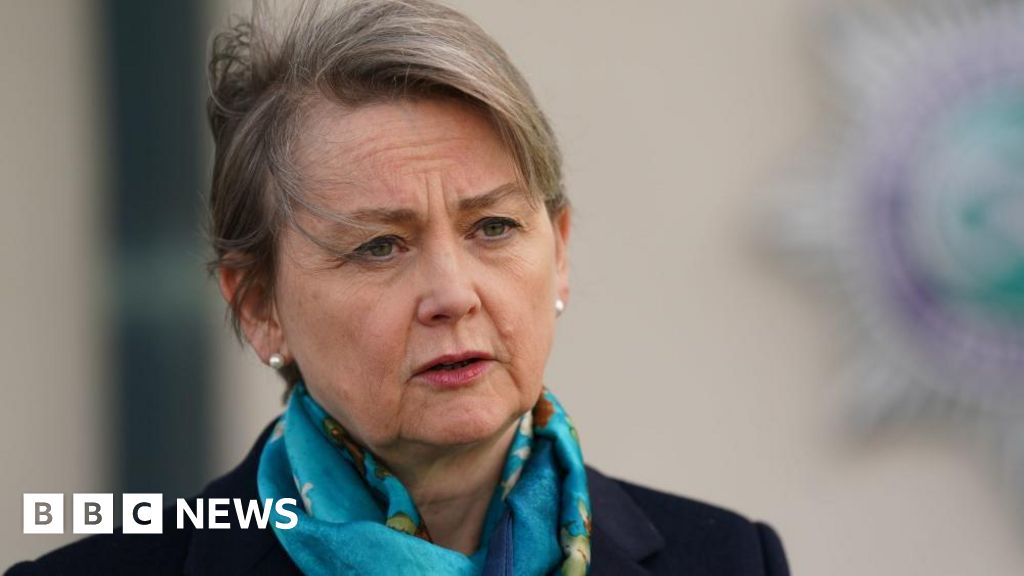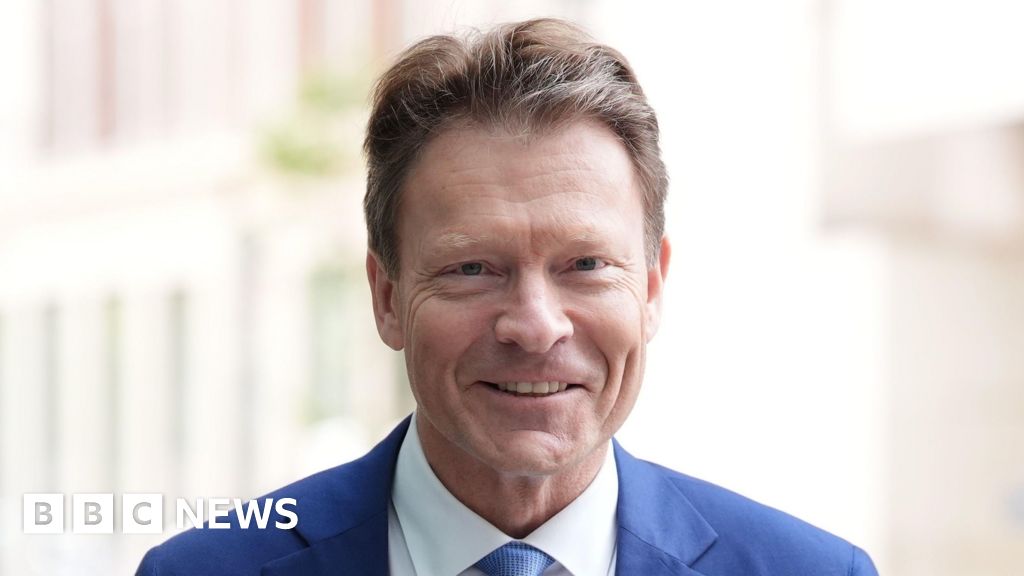ARTICLE AD BOX
By Jessica Parker
BBC Brussels correspondent
Image source, Getty Images
Image caption,Horizon Europe is the EU's key funding programme for research and innovation
Universities have called for an urgent resolution to a row about UK access to a major EU research programme.
Universities UK, which represents 140 institutions, fears ministers could be about to abandon the Horizon scheme.
In a letter to the European Commission, seen exclusively by the BBC, it describes the situation as "close to the precipice."
The EU has indicated UK participation is tied to the row about post-Brexit arrangements for Northern Ireland.
Horizon Europe is the EU's key funding programme for research and innovation, with a current budget of €95.5bn (£81.2bn).
The UK's associate membership was agreed in principle under the 2020 Trade and Co-operation Agreement, but ministers have been drawing up alternatives after complaining access was being blocked by Brussels.
The EU's ambassador to London, João Vale de Almeida, has described Horizon access as "collateral damage" in the impasse over the Northern Ireland Protocol, which governs post-Brexit trading rules for Northern Ireland.
He reportedly said that the "lack of trust" was having "a negative impact in other areas".
Tensions between the EU and UK have escalated since Foreign Secretary Liz Truss said a new law would be introduced to potentially scrap parts of the protocol unilaterally.
The EU accepts the post-Brexit treaty, which Boris Johnson's government signed up to, is causing disruption for Northern Ireland but wants changes within the existing agreement.
In its letter to European Commission Vice-President Maros Sefcovic, Universities UK says that scientific collaboration should not be compromised by "unrelated political disputes".
It warns that many of its members have reported researchers being "forced" to leave projects.
And that the delay is being "keenly felt" by both EU and UK institutions, with the situation "deteriorating every day that the uncertainty drags on".
"Failure to secure UK association to Horizon Europe would be a lose-lose for health, wealth and wellbeing and would do a disservice to future generations in Europe and beyond," the letter adds.
Universities UK believes a decision by ministers to abandon association could come within weeks in what it anticipates would be an irreversible move.
The UK minister for science, research and innovation, George Freeman, has said membership remains the priority but a plan B is being kept on standby.
Scientists and academics have for months raised the alarm that delays in access are creating problems because funding cannot be released to UK collaborators without a formal agreement. And they have expressed concerns that EU researchers will not include UK scientists in their projects.
In March the UK government extended a funding guarantee for successful Horizon Europe applicants, until the end of the 2022.
Image source, EPA
Image caption,Liz Truss has raised UK government concerns over the Northern Ireland Protocol
Last year, Cancer Research UK told the BBC that exclusion from Horizon Europe would be a "significant blow" in efforts to combat cancer. Sir Jeremy Farrar of the Wellcome Trust described Horizon as "the world's biggest international science funding programme".
That programme brings together researchers from industry and academia, with projects ranging from fundamental research to tackling issues such as combating climate change and efforts to find treatments for debilitating diseases.
Universities UK's letter, signed by Prof Paul Boyle of Swansea University, requests a meeting between Mr Sefcovic and UK vice-chancellors.
A UK government spokesperson said: "It's hugely disappointing the EU continues to politicise scientific co-operation by delaying our accession to Horizon.
"If the UK is unable to associate soon, and in good time to make full use of the opportunities they offer, we will introduce a comprehensive alternative to promote global science, research and innovation collaboration."
The European Commission said it looked forward to a "prompt resolution" and that it recognised "the mutual benefit in cooperation in science, research and innovation, nuclear research and space".
But it added the EU-UK Trade and Cooperation Agreement did not provide for a specific obligation to associate the UK "at this point in time, nor for a precise deadline to do so".

 3 years ago
93
3 years ago
93








 English (US) ·
English (US) ·